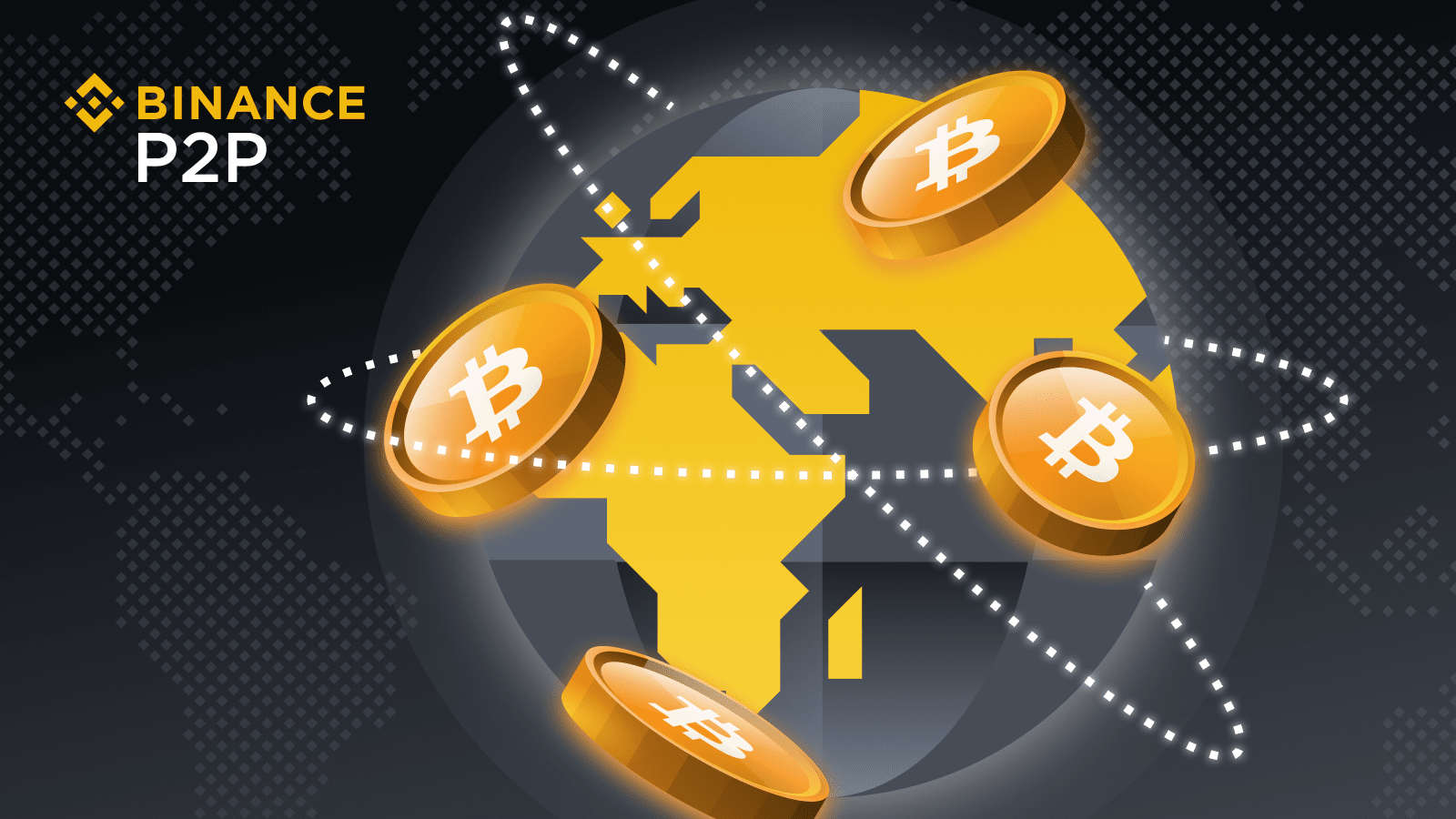What is Bitcon, Peer-to-Peer, and
Blockchain?
If you’re wondering what Bitcoin, Peer-to-Peer (P2P), and Blockchain are, you’ve come to the
right place. We’ll cover Bitcon and Blockchain in this article, as well as their impact on the Bitcoin
ecosystem. Before we begin hyperverse crypto, though, let’s quickly review some of the basic terms. Let’s start
with Bitcoin. Bitcoin is an online currency, and the word ‘coin’ means “unit of account”.

Bitcoin
The infamous Bitcoin scam is a product of the cryptocurrency industry. Bitcoin is a digital
currency that is run by a decentralized authority through blockchain technology. It promises
lower transaction fees than traditional payment mechanisms the hyperverse net. The biggest downside to the
bitcoin scam is that it has no consumer protections, making it a prime candidate for money
laundering, tax evasion, and buying drugs and weapons. Fortunately, there are ways to avoid it.
Read on to learn about how you can avoid the Bitcoin scam and how you can use it to your
benefit.
Blockchain
A recent Forbes article discussed the potential of blockchain technology for financial institutions
and concluded that it would most likely break free of bitcoin in the coming year. This new
technology allows transactions to occur quickly and securely across various networks. As it’s
open, anyone with an internet connection can view the history of transactions and access
transaction details. But no one has access to any identifying information about a user, which is
an important benefit. In addition, all parties involved in a transaction must confirm it before it can
be processed.

Peer-to-peer
Peer-to-peer networking allows computers to share resources without a central server. This
makes P2P networks cheaper than client-server networks, and more permanent options are also
less costly. In some cases, networks may be designed for a particular purpose, such as
BitTorrent. While these networks are cheaper to run, they can also be a little more complicated
to set up. Here are some of the disadvantages of using centralized peers.
Unregulated
Despite the fact that Bitcoin is unregulated, there are still some laws that protect it. Currently,
only El Salvador has formally recognized it as legal tender. Most other countries simply regulate
it as a form of property rather than a legal tender. Despite these limitations, many African nations
are exploring the possibility of adopting a regulated cryptocurrency. Those currencies, not
necessarily bitcoin, are known as stablecoins and are meant to secure mobile money.
Regardless of whether these currencies become regulated or unregulated, they must have a
robust regulatory framework to protect their users.
